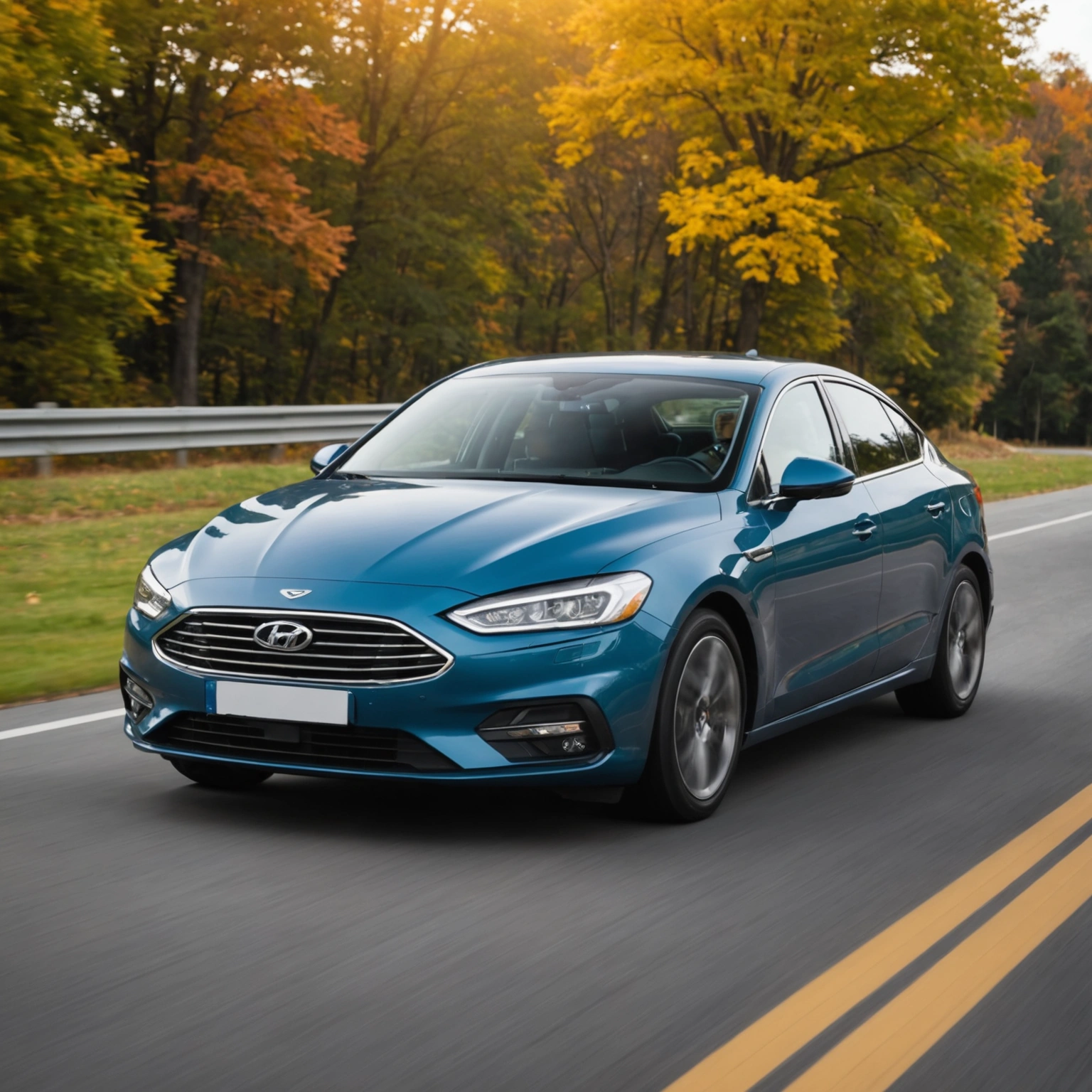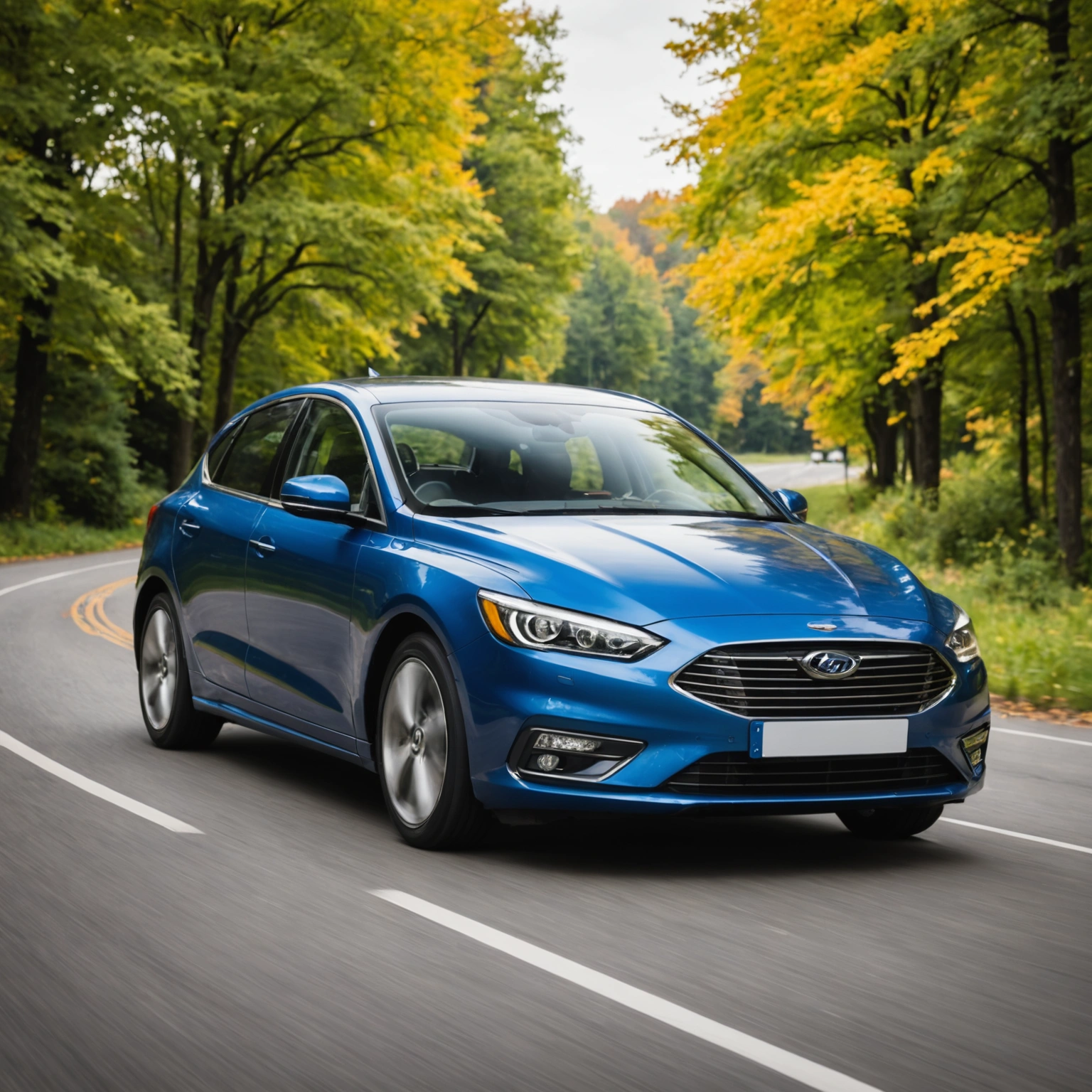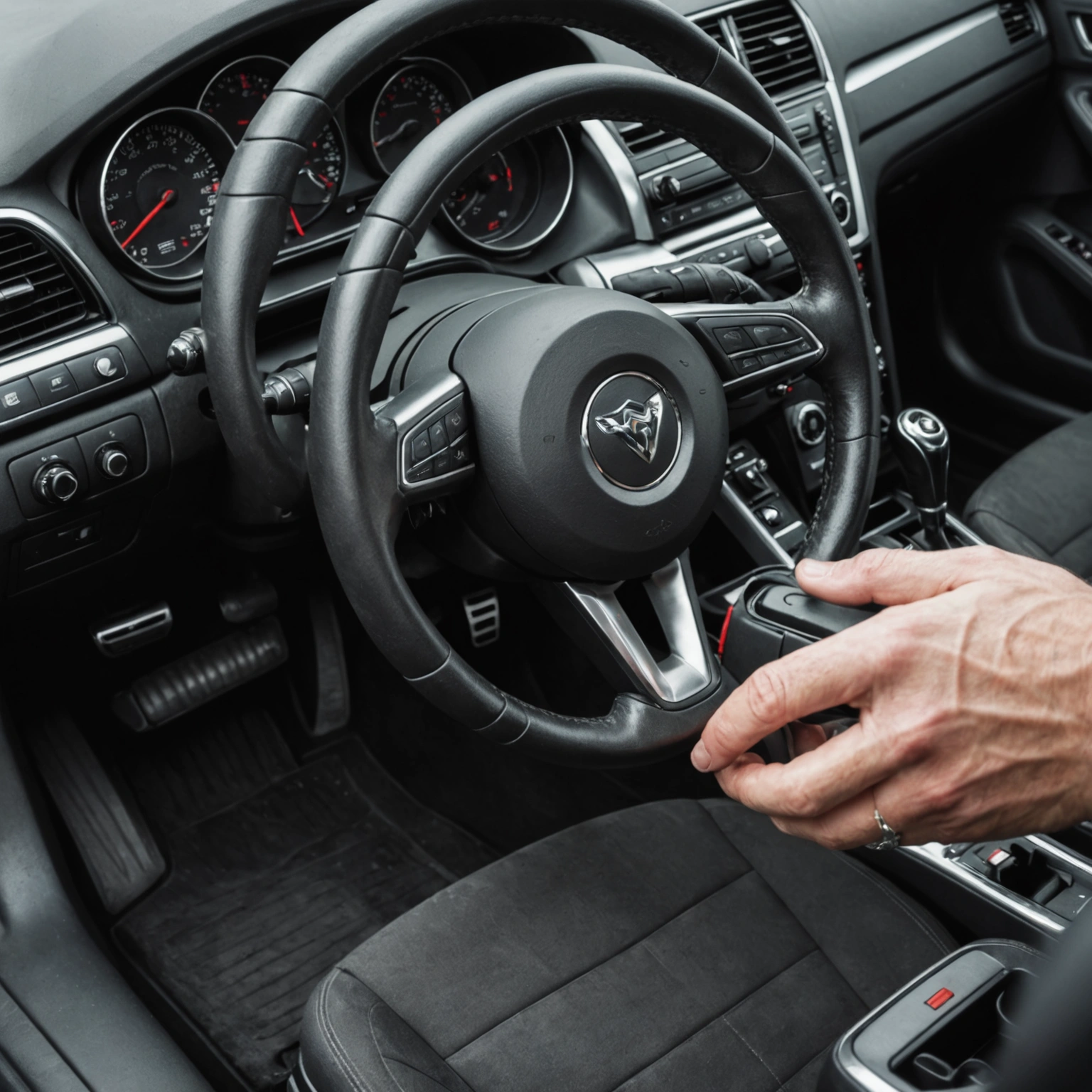**Why Does My Car Squeak When I Drive? Understanding the Causes and Solutions**
If you’ve noticed a squeaking noise while driving, you’re not alone. Many drivers experience this issue at some point, and while it can be annoying, understanding the common causes can help you address it effectively. Here’s a comprehensive look at why your car might squeak when you drive and what steps you can take to resolve the problem.

### Common Causes of Squeaking While Driving
1. **Worn or Dry Brake Pads**

– **What it is:** Brake pads press against the rotors to slow your vehicle. Over time, they can wear down or become dry, causing a squeaking sound each time you brake or even while rolling.
– **Solution:** Have your brake pads inspected and replaced if necessary. Applying brake lubricant or resurfacing the rotors can also reduce noise.

2. **Brake Dust and Debris**
– **What it is:** Accumulation of brake dust or small debris between the brake pads and rotors can create squeaking sounds.

– **Solution:** A professional brake cleaning can remove accumulated dust, restoring quiet operation.
3. **Glazed Brake Pads or Rotors**
– **What it is:** Excessive heat can cause the brake pads or rotors to glaze over, leading to a shiny, hardened surface that squeaks.
– **Solution:** Resurfacing the rotors or replacing glazed pads can eliminate the noise.
4. **Worn or Loose Serpentine Belt**
– **What it is:** The serpentine belt drives multiple components like the alternator, power steering pump, and AC compressor. If it becomes worn, cracked, or loose, it can squeak.
– **Solution:** Have the belt inspected and replaced or tightened as needed.
5. **Suspension and Steering Components**
– **What it is:** Worn or dry suspension parts, such as bushings, ball joints, or tie rod ends, can produce squeaking sounds when driving over bumps or turning.
– **Solution:** Regular suspension inspections and lubrication of components can prevent noise.
6. **Worn or Dry Wheel Bearings**
– **What it is:** Wheel bearings allow smooth rotation of the wheels. Worn or dry bearings can squeak and may cause more severe issues if not addressed.
– **Solution:** Have a mechanic check and replace worn wheel bearings promptly.
7. **Loose or Damaged Drive Belts and Accessories**
– **What it is:** Loose or damaged belts and accessories can create squealing noises during operation.
– **Solution:** Inspection and timely replacement of damaged belts.
8. **Other Factors**
– **Brake Pad Shims and Anti-Squeal Lubricants:** Sometimes, improper installation or lack of anti-squeal shims can cause noise.
– **Environmental Factors:** Cold weather can cause rubber components to contract, leading to squeaks.
### When to See a Professional
While some minor squeaks might be harmless or temporary, persistent or loud squeaking should be diagnosed by a qualified mechanic. Ignoring these sounds could lead to more serious issues, such as brake failure or suspension problems.
### Preventative Tips
– Regularly inspect and maintain your braking system.
– Keep your vehicle’s suspension components lubricated.
– Replace belts according to the manufacturer’s schedule.
– Address any unusual noises promptly to prevent further damage.
### Conclusion
A squeaking noise while driving can stem from various issues, most commonly related to brakes, belts, or suspension components. Regular maintenance and timely inspections are key to keeping your vehicle running smoothly and quietly. If you’re unsure of the cause or uncomfortable performing inspections yourself, consult a professional mechanic to diagnose and fix the problem safely.
**Stay safe and enjoy a quiet, smooth ride!**

